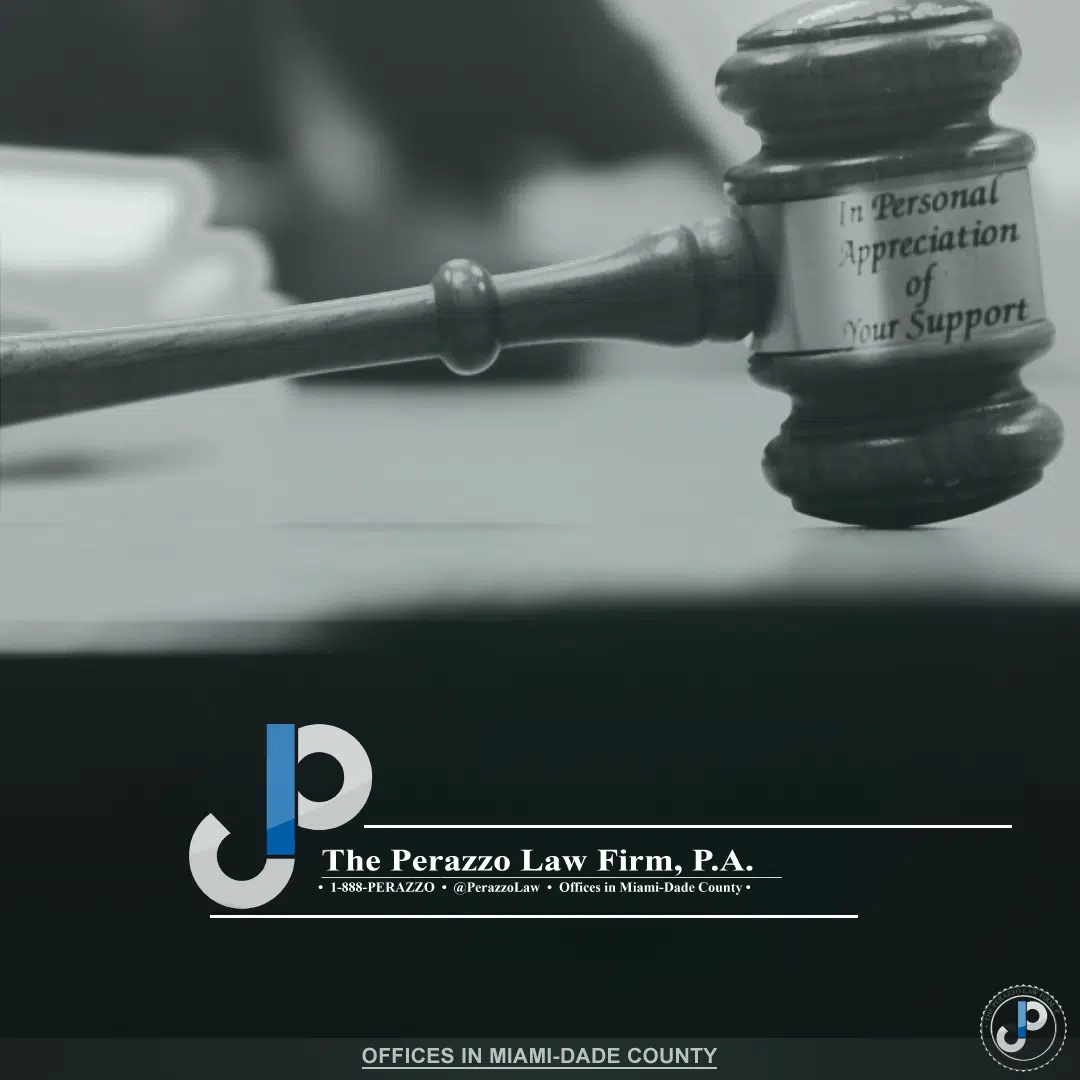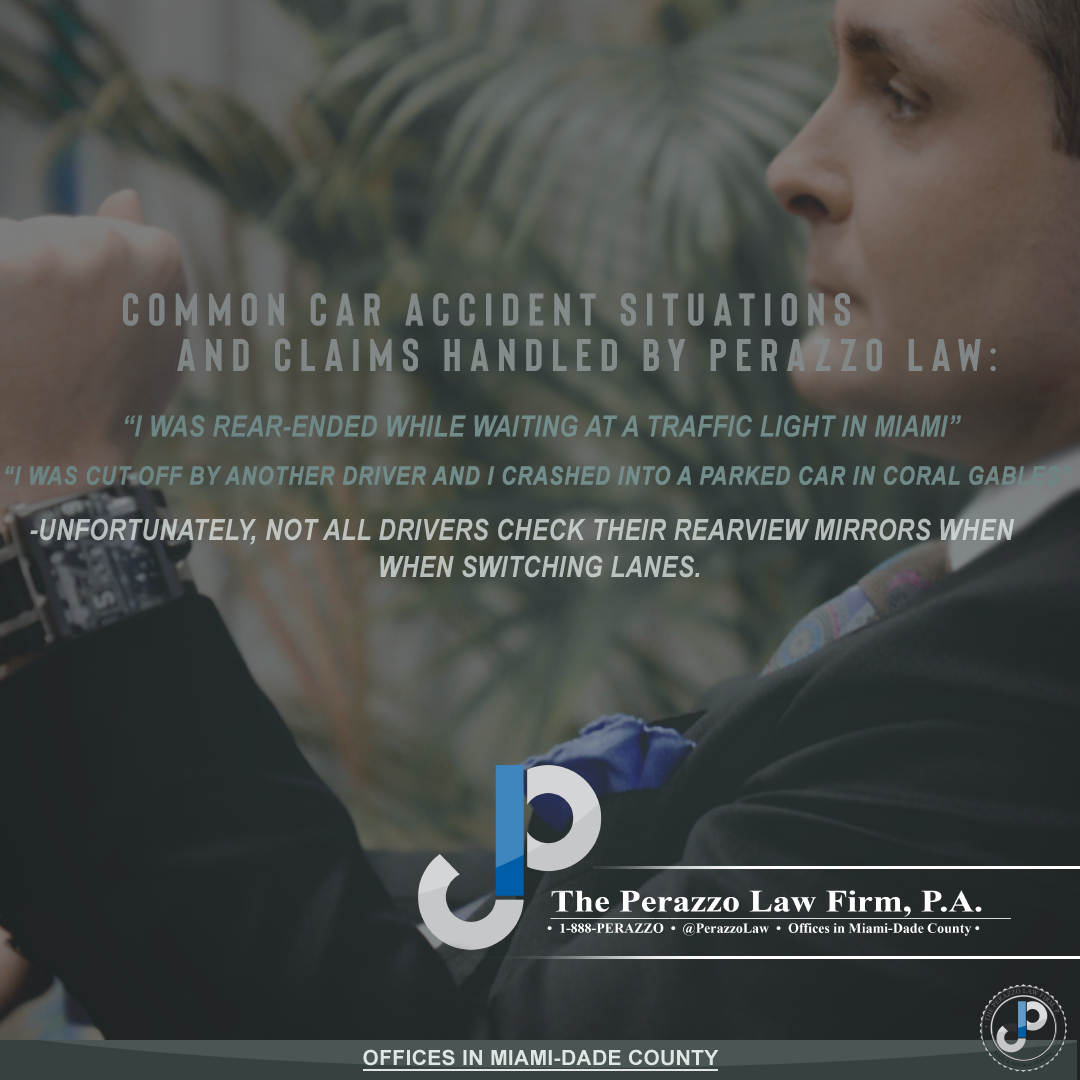Slip and Fall Accidents on Wet Floors: The Responsibility of Business Operators
Slip and fall accidents on wet floors can result in serious injuries, impacting victims physically, emotionally, and financially. Business operators have a legal and ethical duty to maintain safe walking surfaces for their customers, employees, and visitors. Failing to uphold this responsibility can lead to severe consequences, including legal actions. The Perazzo Law Firm’s slip and fall accident lawyers are well-versed in these cases, helping victims seek justice for their injuries.
Business operators are obligated to prevent slip and fall accidents by taking proactive measures to keep walking surfaces safe, especially in areas prone to moisture buildup. Negligence in this regard can lead to accidents, and several acts of negligence can contribute to these incidents:
- Lack of Warning Signs: Failing to place warning signs in areas where floors are wet or slippery can expose individuals to unnecessary risks.
- Inadequate Cleaning Procedures: Improper mopping techniques, excessive use of cleaning agents, or neglecting to dry the area thoroughly after cleaning can leave surfaces dangerously slippery.
- Defective Drainage Systems: Poorly designed or malfunctioning drainage systems can lead to water accumulation, increasing the chances of slip and fall accidents.
- Uneven Surfaces: Irregularities in flooring materials or improper repairs can create uneven surfaces that become hazardous, especially when wet.
- Lack of Maintenance: Ignoring routine maintenance, such as fixing leaks promptly or replacing worn-out flooring, can contribute to wet floor accidents.
- Negligent Spills Management: Businesses that don’t address spills promptly or provide proper cleanup tools can expose people to slipping hazards.
- Failure to Use Slip-Resistant Flooring: Using flooring materials that lack slip-resistant properties in areas prone to moisture can increase the likelihood of accidents.
- Inadequate Lighting: Poor lighting can make it difficult for individuals to identify wet areas and avoid them.
- Disregard for Weather Conditions: Failing to put down mats or rugs during inclement weather can lead to water accumulation indoors, causing slippery surfaces.
- Lack of Employee Training: Staff members should be educated on proper cleaning techniques, promptly addressing spills, and ensuring customer safety.
When business operators neglect these responsibilities, they open themselves up to potential legal actions. The Perazzo Law Firm’s slip and fall accident lawyers specialize in helping victims seek compensation for medical expenses, lost wages, and emotional distress caused by such accidents. Their expertise in navigating the complexities of these cases ensures that victims receive the support and justice they deserve.
In conclusion, preventing slip and fall accidents on wet floors is a shared responsibility between business operators and the public. Business operators must uphold their duty to maintain safe walking surfaces, while individuals should remain cautious and vigilant. If you or a loved one has been injured in a slip and fall accident due to negligence, consulting The Perazzo Law Firm’s slip and fall accident lawyers can help you understand your legal options and pursue rightful compensation.
Ten common types of businesses that may have wet floors and the reasons for the presence of wet floors:
- Restaurants/Cafes:
Reasons: Spills from drinks and food, dishwashing activities, wet cleaning of floors.
- Grocery Stores/Supermarkets:
Reasons: Spilled liquids, produce misting, wet floors from refrigeration units.
- Hospitals/Medical Facilities:
Reasons: Sterilization processes, cleaning protocols, patients tracking in rain or snow.
- Swimming Pools:
Reasons: Water splashing, pool users walking around, wet bathing suits.
- Gyms/Fitness Centers:
Reasons: Sweating during workouts, water fountains, post-shower areas.
- Hotels/Resorts:
Reasons: Guests tracking in water from pools or outdoor activities, bathroom use.
- Shopping Malls/Retail Stores:
Reasons: Wet umbrellas, tracked-in rainwater, cleaning routines.
- Spas/Salons:
Reasons: Hair washing, spa treatments, spills from beauty products.
- Airports/Transportation Hubs:
Reasons: Weather conditions, liquid spills at cafes and lounges, cleaning operations.
- Museums/Aquariums:
Reasons: Water exhibits, condensation in humid environments, cleaning exhibits.
In these types of businesses, the presence of wet floors can result from a combination of customer activities, cleaning routines, weather conditions, and specific operations inherent to each industry. Proper maintenance, prompt cleaning, warning signs, and non-slip flooring can help mitigate the risk of slip and fall accidents in such establishments.





